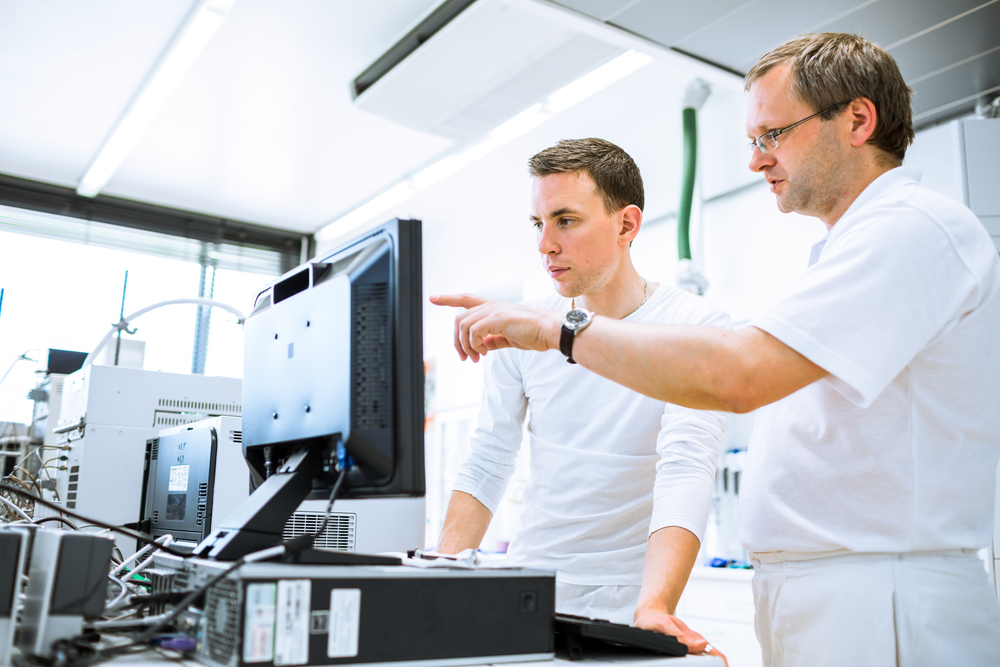New Research Center at UC San Diego to Focus on Microbiome and Immunology
Written by |

The University of California (UC) San Diego School of Medicine and Chiba University School of Medicine, Japan, are working together to establish a new center for immunology research, with a particular focus on the microbiome and mucosal immune responses that are known to play a crucial role in a variety of diseases, including multiple sclerosis (MS).
“This agreement reflects our shared interest in furthering scientific understanding of the human immune system, what happens when things go wrong and how best to remedy them,” David Brenner, MD, vice chancellor, UC San Diego Health Sciences and dean of the School of Medicine, said in a press release.
“The microbiome has a major impact upon human health, particularly mucosal immune responses that affect virtually every type of disease, from acute and chronic conditions like infection, allergy, asthma, inflammatory bowel disease and arthritis to type 1 diabetes, multiple sclerosis and cancer,” Dr. Brenner added. “Hundreds of millions of people worldwide are affected by immune system dysfunction so the need to find new, effective treatments is incredibly powerful and compelling.”
Based at UC San Diego School of Medicine, the new center will be co-directed by Peter Ernst, DVM, PhD, a professor of pathology at UC San Diego School of Medicine, and Hiroshi Kiyono, DDS, PhD, a professor at the University of Tokyo and Chiba University, and is expected to involve the exchange of students, researchers, staff, and faculty members. A $2 million contribution from Chiba University, together with support from the UC San Diego, will be allocated over five years to the joint Immunology Initiative.
“This is a collaboration of partners, both with a deep interest in advancing immunology research across disciplines,” said Dr. Ernst, who also directs the Center for Veterinary Sciences and Comparative Medicine. “The topics we are grappling with are global in scale. We want to be leaders in both understanding mucosal immunology and in how to use that knowledge to prevent and treat a vast array of diseases such as infectious, allergic and inflammatory diseases. We want to cultivate the next generation of scientists, here, in Japan and around the world.”
The research center will include several affiliated laboratories, whose principal investigators are based either at UC San Diego, Chiba University, or the La Jolla Institute for Allergy and Immunology, an institute established in a partnership with the UC San Diego to conduct basic research into diseases of the immune system. Projects planned include work into vaccine development, infectious diseases, inflammation, mucosal immunology, and the interaction between mucosal immune cells and the microbiota that has been found to have health benefits.


